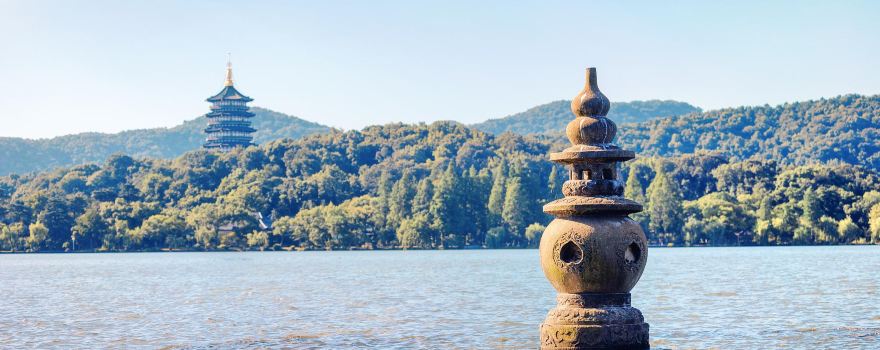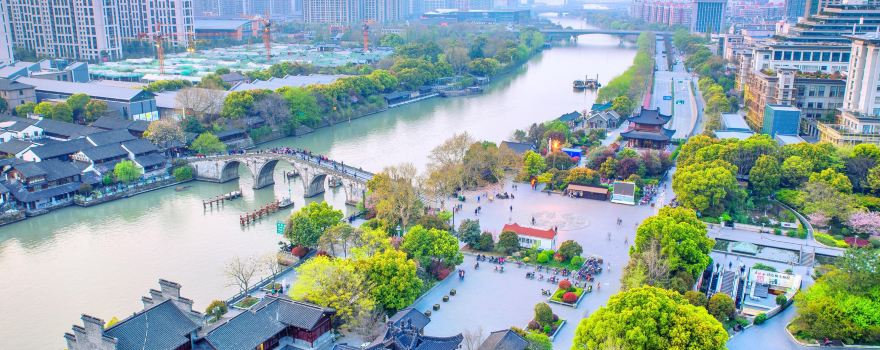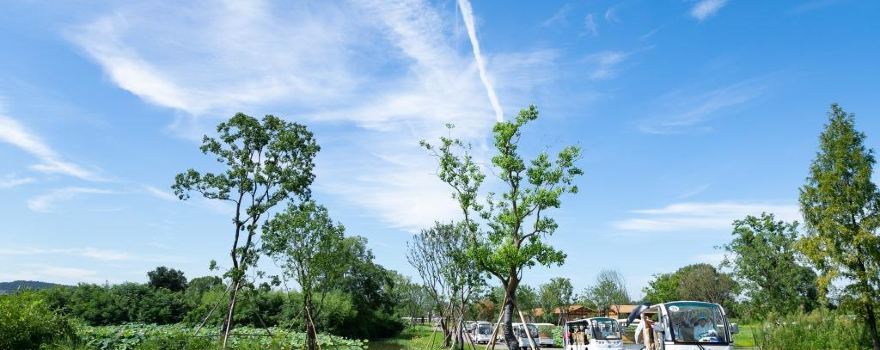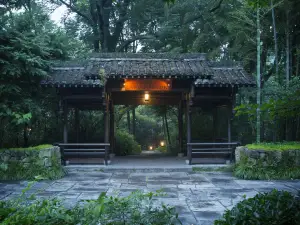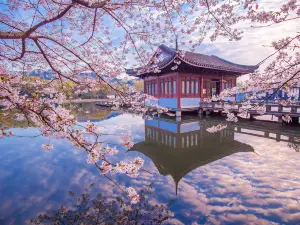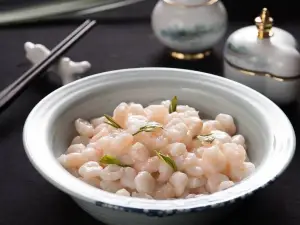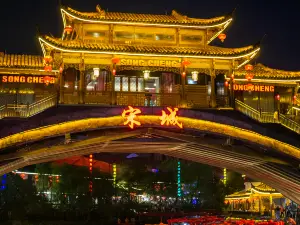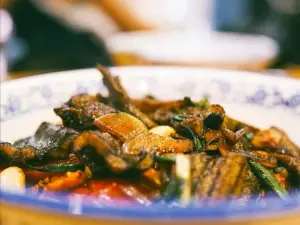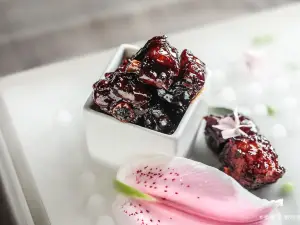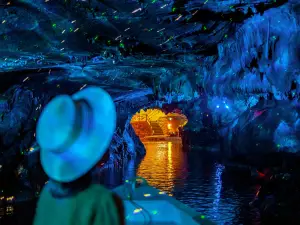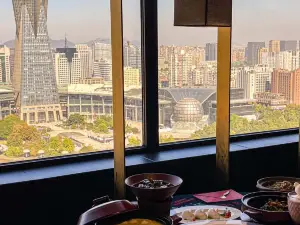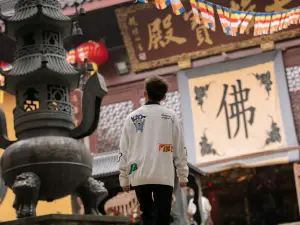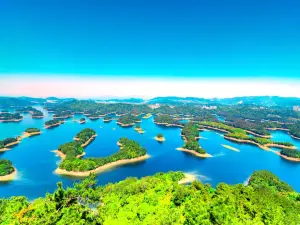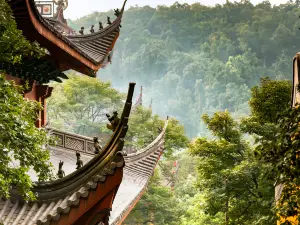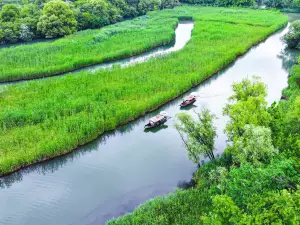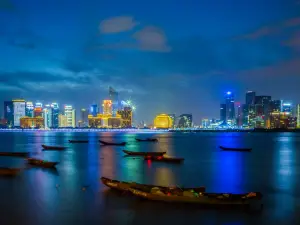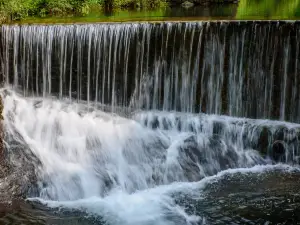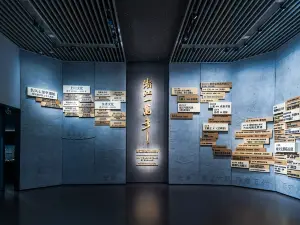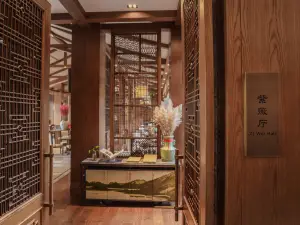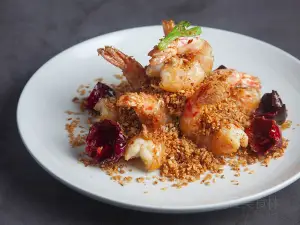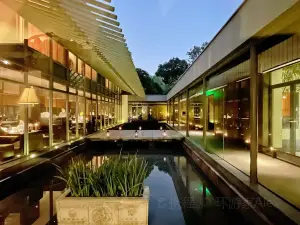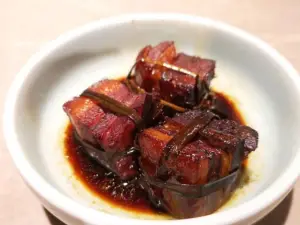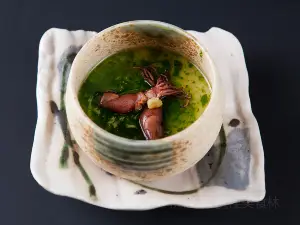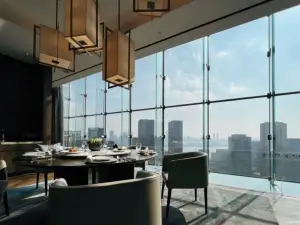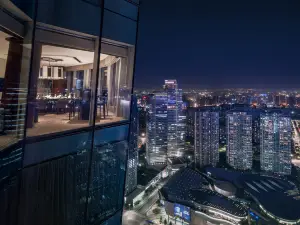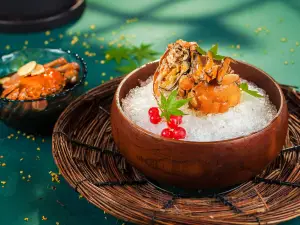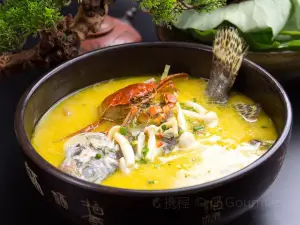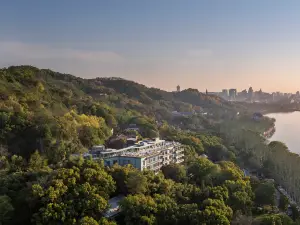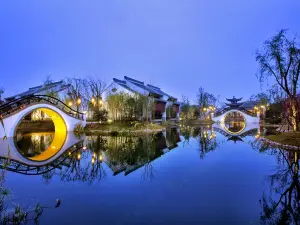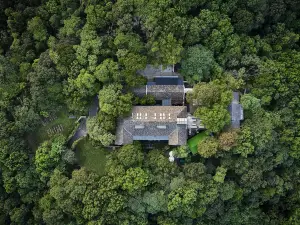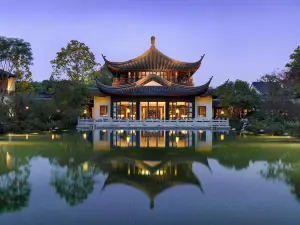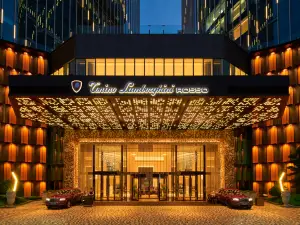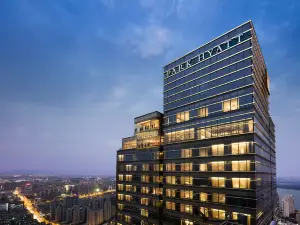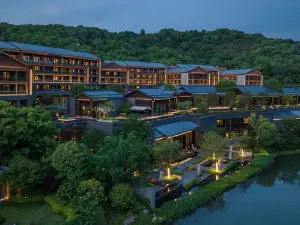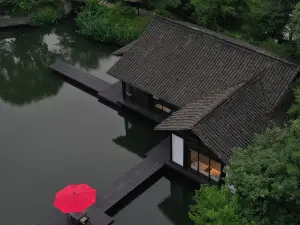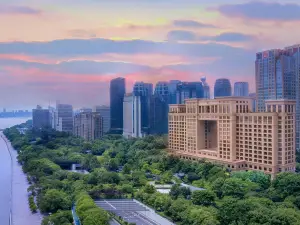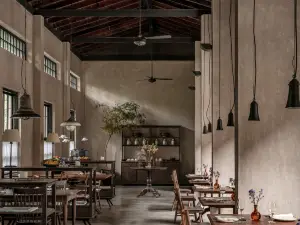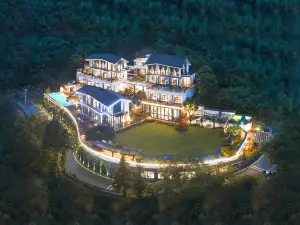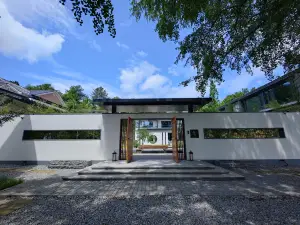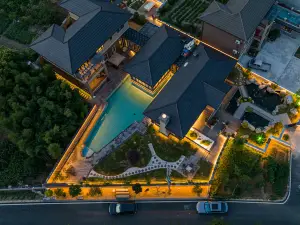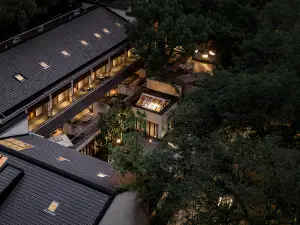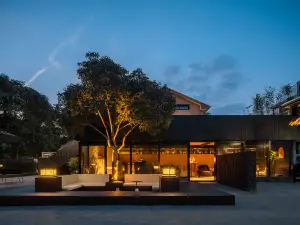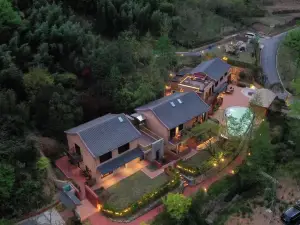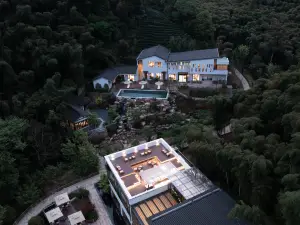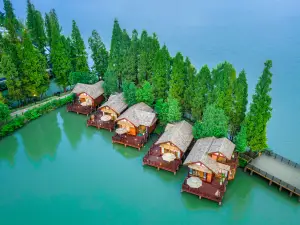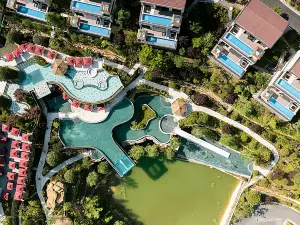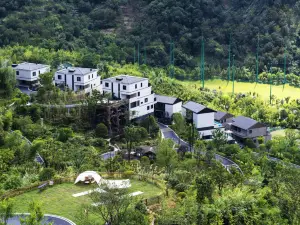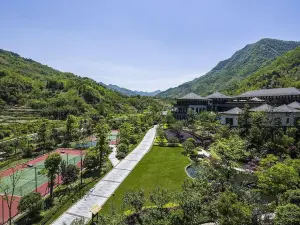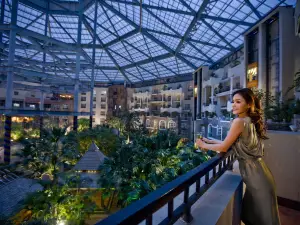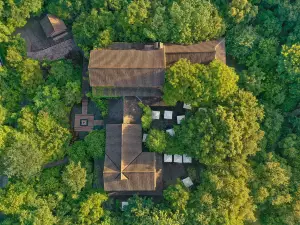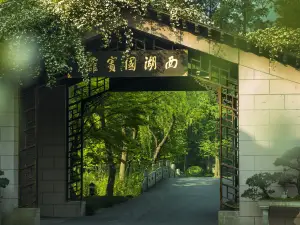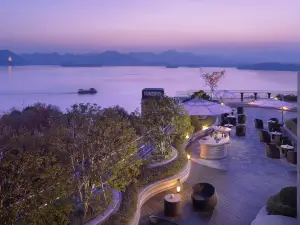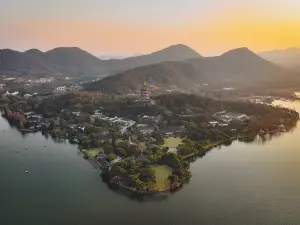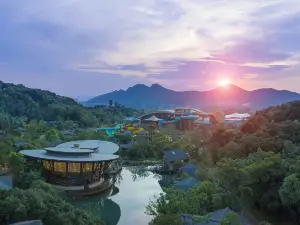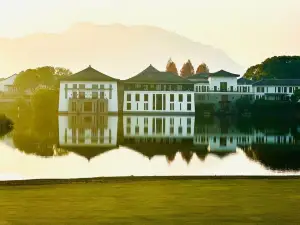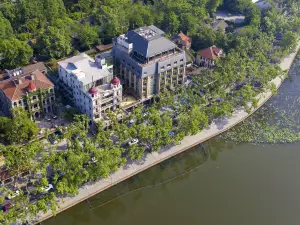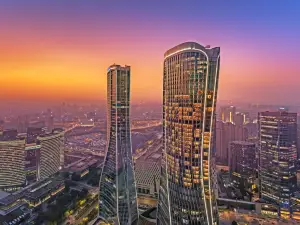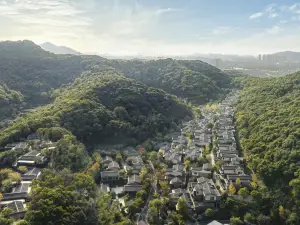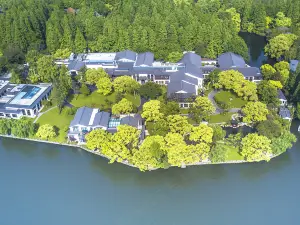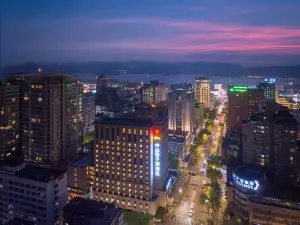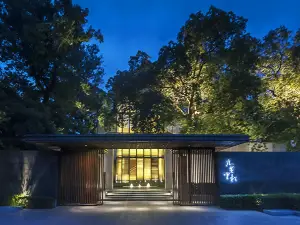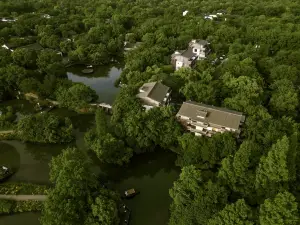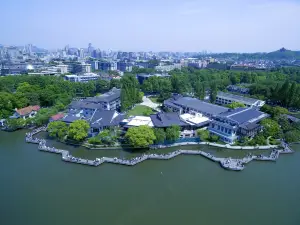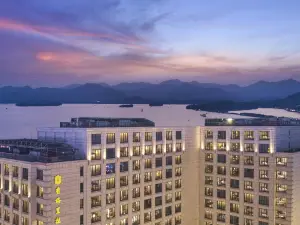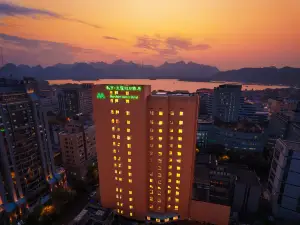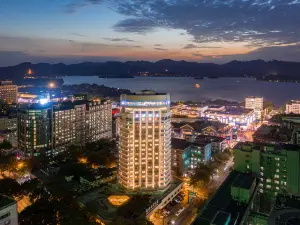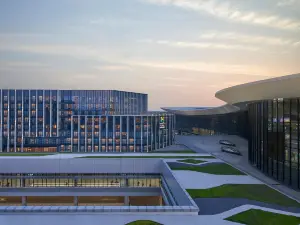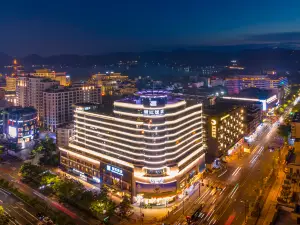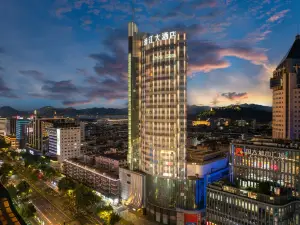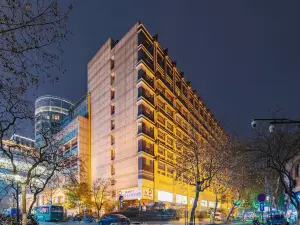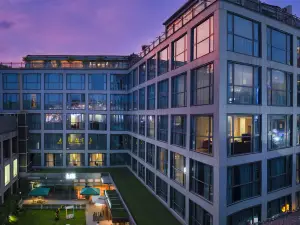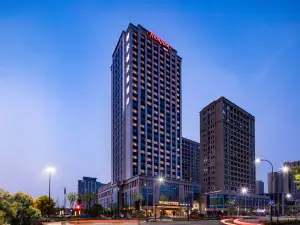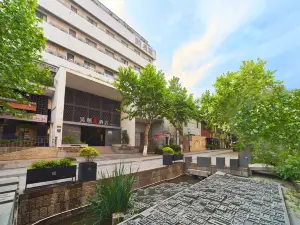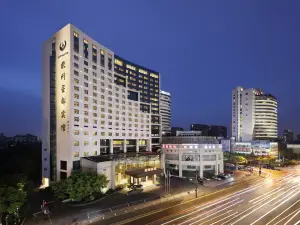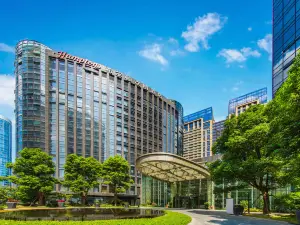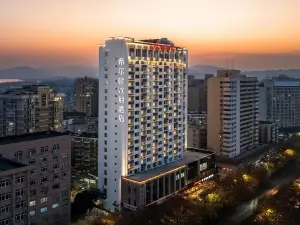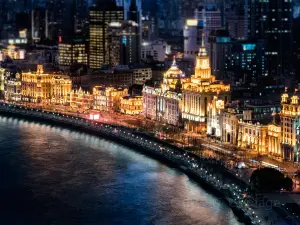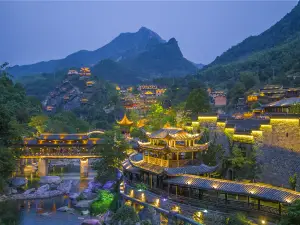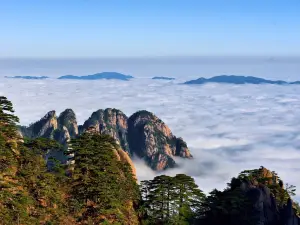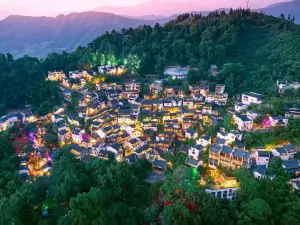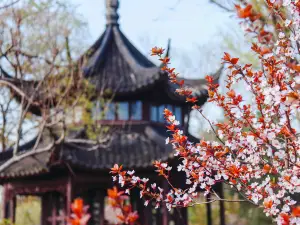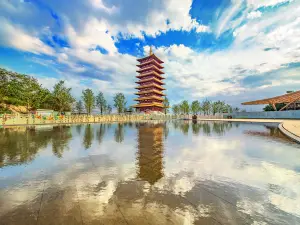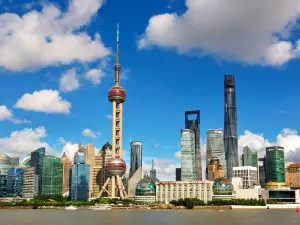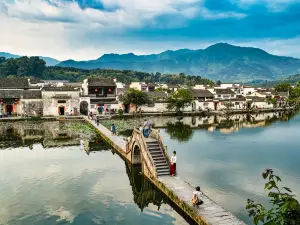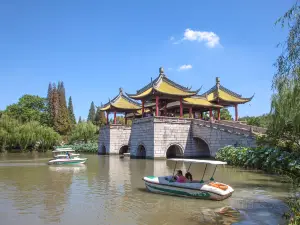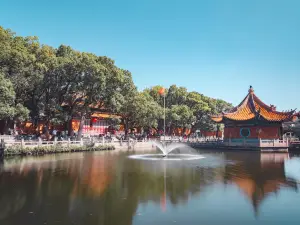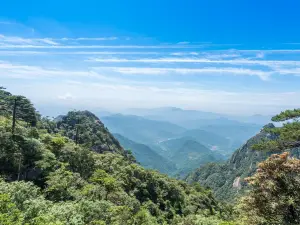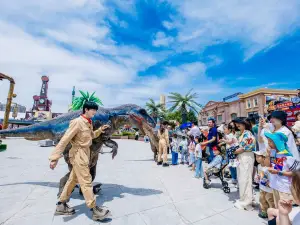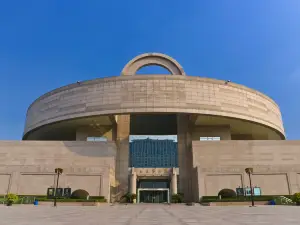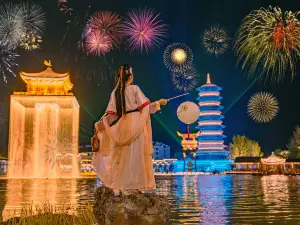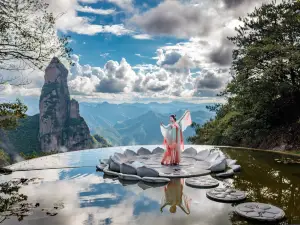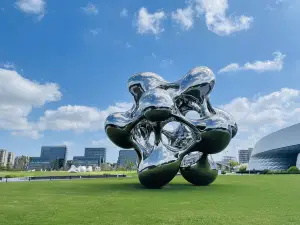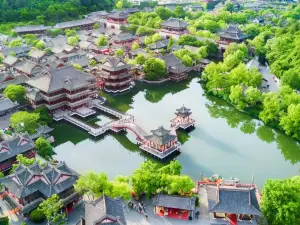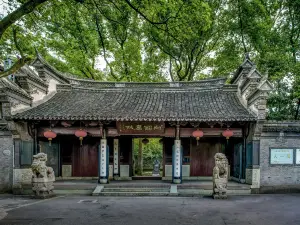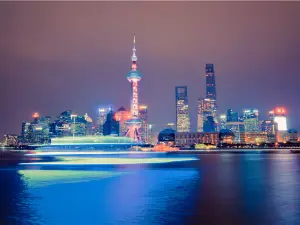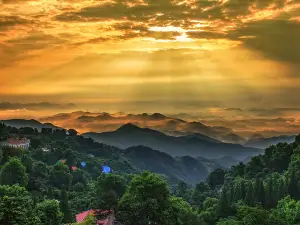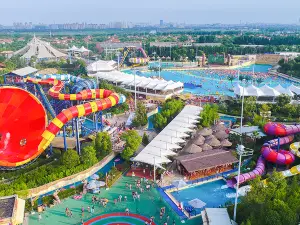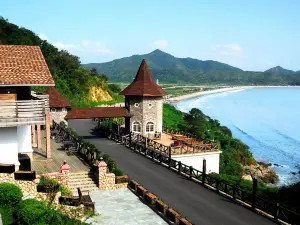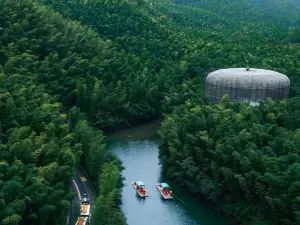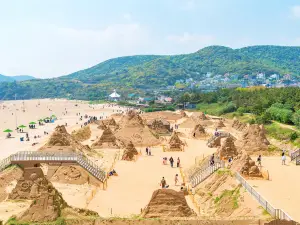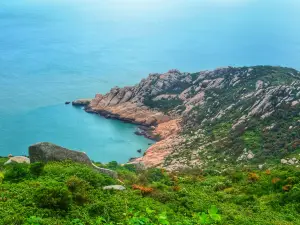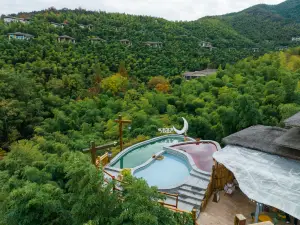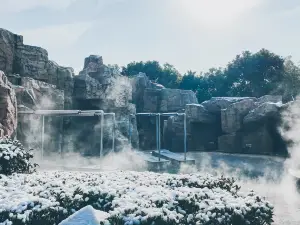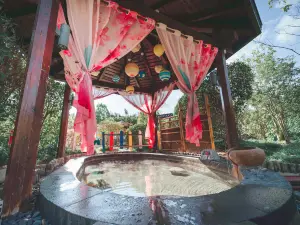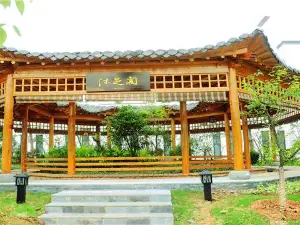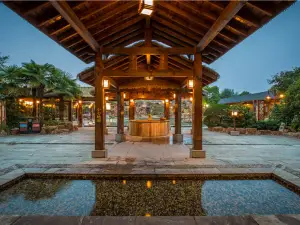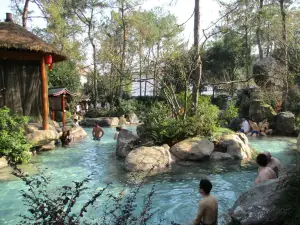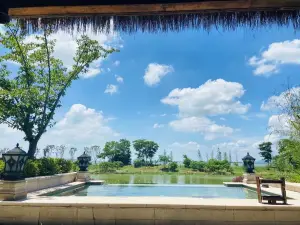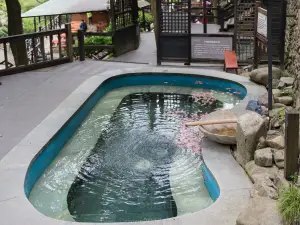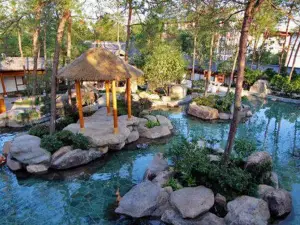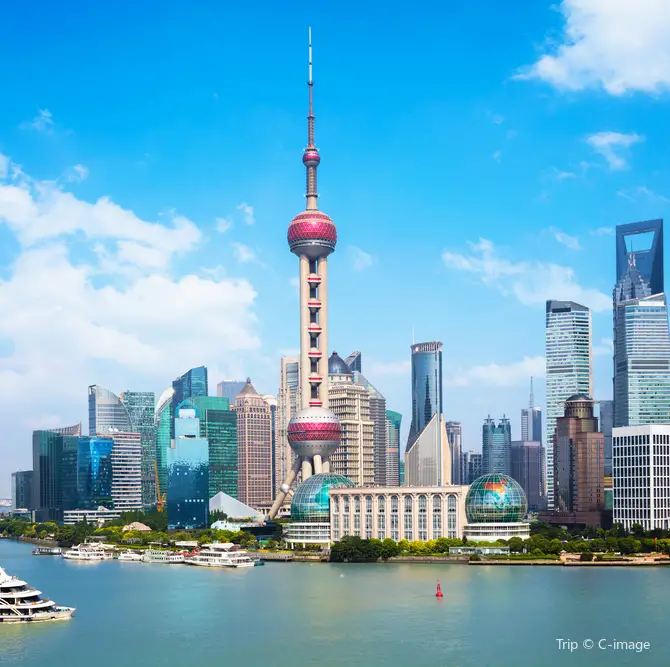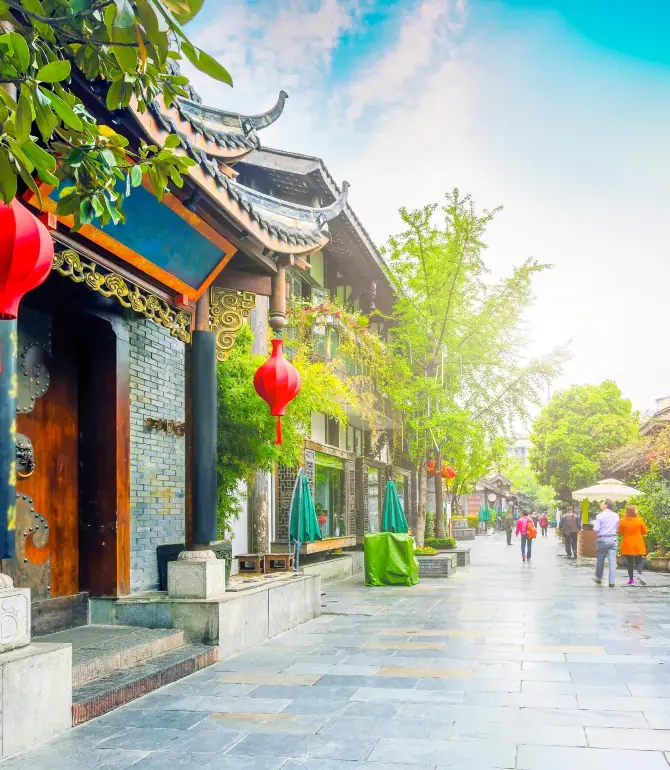Things to Do in Hangzhou in 2025 - Top Attractions, Local Food, Hotels & Travel Tips (Updated June 2025) | Trip.com
About Hangzhou
Recommended trip: 2–4 day(s)
Recommended trip: 2–4 day(s)Current Weather Conditions
Hangzhou Local Experiences Map

Trending in Hangzhou
Hangzhou Local Travel Guide 2025
Hangzhou Brief Guide
Well-known for its extraordinary beauty and elegance, Hangzhou is the capital of Zhejiang Province and one of the most impressive tourist destinations in China. Historically important and naturally stunning, Hangzhou together with nearby Suzhou is celebrated in China as "Heaven on Earth". Located in East China's Yangtze River Delta and the northern part of Zhejiang Province, Hangzhou is a major commercial and trade city with an estimated urban population of 12 million people. There are 10 urban districts with Gongshu District being the central heart of the city and enjoys convenient transportation. Xihu District is to the west of the city and where the famous West Lake is located. Historically, Hangzhou has for centuries been known for its fine silk and tea productions, but the city didn’t reach its political importance until the Southern Song Dynasty (1127-1279 AD) when the Emperor relocated the capital to Hangzhou. The city’s wealth and commerce grew further in the Ming Dynasty after the construction of the Grand Canal - the oldest and longest canal in the world - linking Hangzhou to Beijing and other ocean trade routes. Today, Hangzhou continues to be an economic center of east-central China. From the beautiful West Lake to romantic bridges, and tranquil tea plantations to ancient shrines and temples, Hangzhou is one of the country's most popular tourist destinations. There are so many awe-inspiring scenic spots in Hangzhou, that it will take a few days to just tick off the top destinations. For those unforgettable experiences, visitors can consider taking a sunset stroll or riding a bike around the West Lake, visiting a picturesque water town outside Hangzhou (e.g. Wuzhen and Xitang), learning about the tea culture, or seeing a Giant Panda in Hangzhou Zoo, etc.
Hangzhou Must-try Local Experiences
1. Discover the Beauty of West Lake No trip to Hangzhou is complete without experiencing the enchanting West Lake. Take a leisurely boat ride, appreciate the Three Pools Mirroring the Moonstroll and Su Causeway up close, and explore its surrounding temples like Leifeng Pagoda. A night cruise on West Lake offers a magical experience with illuminated pagodas, bridges, and shimmering water. It's a serene way to see the lake from a different perspective. 2. Journey Through History at Lingyin Temple and Feilai Peak Scenic Area Visit Lingyin Temple, one of China's most important Buddhist temples, and explore its grand halls and intricate carvings. Then hike up Feilai Peak for breathtaking views and ancient Buddhist grottoes. 3. Wander Through the Tea Plantations of Longjing Tea Culture Village Experience Chinese tea culture in Longjing Tea Culture Village. Stroll through lush tea plantations, learn about traditional tea-making, and savor freshly brewed Longjing tea. 4. Cruise the Grand Canal and Explore its Historic Waterways Embark on a journey along the ancient Grand Canal, a UNESCO World Heritage Site. Cruise through historic waterways and discover architectural wonders that reflect China's rich history. 5. Enjoy a Captivating Performance of 'Impression West Lake' Experience the magic of "Impression West Lake", an outdoor performance combining music, dance, and visuals. Set against the lake, this show tells Hangzhou's history and culture. 6. Walk Through Hefang Street Hefang Street is a historic pedestrian street with traditional shops, teahouses, and street food vendors. It's a great place to experience local culture and buy unique souvenirs. 7. Watch a Yue Opera Performance Yue Opera, originating from Zhejiang Province, is a unique form of Chinese opera. Enjoy its distinctive singing style, elaborate costumes, and engaging storytelling. 8. Savor the Flavors of Hangzhou Cuisine Indulge in Hangzhou cuisine, known for its freshwater fish and locally sourced ingredients. Try specialties like West Lake Vinegar Fish, Dongpo Pork, and Longjing Shrimp.
Hangzhou Must-see Attractions
Hangzhou is a city of historical and natural splendor, home to the serene Lingyin Temple, the culturally immersive Hangzhou Songcheng Park, the picturesque West Lake, the tranquil Xixi National Wetland Park, and the scenic Thousand Island Lake, each offering unique insights into China's rich heritage and breathtaking landscapes.
Hangzhou Food Guide
Hangzhou's cuisine is renowned for its traditional craftsmanship and rich historical and cultural background, from the sweet and sour West Lake Vinegar Fish, the delicious Song Sao Fish Soup, the classic Dongpo Pork, to the uniquely textured Hangzhou Xiaolongbao and the century-old Pian Er Chuan noodles, each dish is a delicate interpretation of taste and a heritage of tradition.
Hangzhou Transportation
Hangzhou's transportation network is well-developed, with Hangzhou Xiaoshan International Airport and Hangzhou Railway Station being the primary hubs for intercity travel. Hangzhou Xiaoshan International Airport (HGH) is located approximately 27 kilometers east of downtown Hangzhou and serves as a key gateway for both domestic and international flights. The airport has two main terminals: Terminal A, which handles international and regional flights, and Terminal B, dedicated to domestic flights. To reach the city center from the airport, passengers can take the Hangzhou Metro, connecting the airport to Line 1, Line 7, and Line 19, providing a direct link to various parts of Hangzhou. Hangzhou Railway Station, also known as Chengzhan Railway Station, is situated in the Shangcheng District and is a major rail hub in Zhejiang Province. It operates regular and high-speed trains to major cities such as Beijing, Shanghai, and Guangzhou. The station is connected to the Hangzhou Metro, with Line 1 and Line 5 stations nearby, offering convenient access to the city. Additionally, the station is equipped with various facilities, including waiting rooms, ticket offices, and dining options.
Hangzhou Where to Stay
Hangzhou is a city that offers a diverse range of accommodation options, with its hotels spread across various districts, each with its own unique characteristics. The city's accommodation scene reflects its regional diversity, providing options for every type of traveler.
Hangzhou Best Time To Visit
The best time to visit Hangzhou is during the spring months of March to May and the autumn months of September to November. During spring, the city is adorned with blooming flowers, and the weather is warm and pleasant, making it ideal for outdoor activities and exploring the scenic beauty of West Lake. Autumn offers comfortable temperatures, clear skies, and the fragrance of osmanthus flowers, providing a perfect backdrop for enjoying the Qiantang River Tidal Bore and the Mid-Autumn Festival. These seasons offer the most favorable weather conditions for tourists to experience Hangzhou's natural and cultural attractions.
Hangzhou Useful Guide
Hangzhou's official language is Mandarin, the most widely spoken language in China, with the local population also speaking the Hangzhou dialect of Wu Chinese. Translation services may not be widely available, but language apps and phrasebooks can assist travelers. Multilingualism varies, with English proficiency more common in younger generations and urban areas. Effective communication can be achieved through gestures, pointing to phrasebooks, or using translation apps.
Trip.Best: Hangzhou
Things to do in Hangzhou
What to Do
Where to Stay
What to Eat
Hangzhou Moments: Through Travelers' Eyes

I thought Disneyland was already fun enough…

The 3,800-meter downhill rafting at Tianzidi is really avant-garde.

No need to go to Da Nang, Hangzhou locals have their own Buddha's Hand Bridge

Shanghai and Hangzhou Trip: EP.3 Exploring Hangzhou

Hangzhou 3-Day 2-Night In-Depth Tour | West Lake × Lingyin Temple × Xixi Wetland Complete Guide

Not Losing to Disney! The Best Mountain Wilderness Park I've Ever Found

Hangzhou's Matcha Lake is back, and there are black swans too!

You would never expect to describe an ancient city as "trendy"
Best of Hangzhou
Site Operator: Trip.com Travel Singapore Pte. Ltd.
